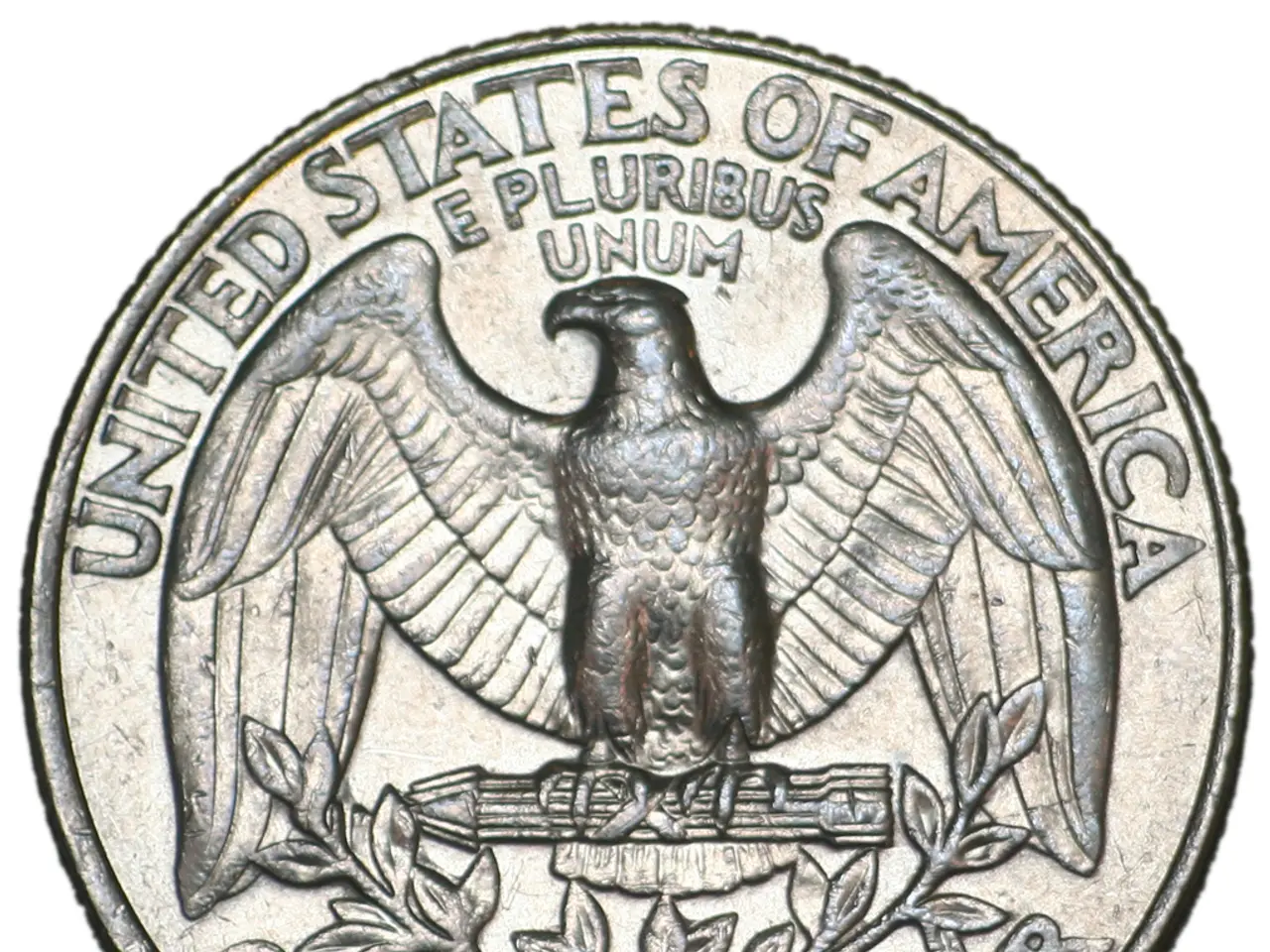Regulatory pressures escalate as Bank of Ghana urges Virtual Asset Service Providers (VASPs) to officially register
Ghana is set to officially regulate the cryptocurrency sector by introducing a licensing regime for Virtual Asset Service Providers (VASPs) by September 2025. The Bank of Ghana (BoG) is leading this initiative, which includes mandatory registration and licensing of crypto platforms to ensure consumer protection, anti-money laundering compliance, and financial stability.
The BoG has published an exposure draft outlining rules for VASPs, covering licensing requirements, safeguards, and supervisory responsibilities shared with the Securities and Exchange Commission (SEC). A Virtual Asset Providers Act draft bill is currently under parliamentary review and is expected to be submitted by September 2025. Once passed, it will legally empower regulators to oversee the crypto sector effectively.
The regulation aims to better capture and monitor growing crypto transactions, estimated at around $3 billion in the last year among an active user base of 3 million Ghanaians (about 17% of adults). The BoG acknowledges it has been "late in the game," as much crypto activity currently goes unreported, distorting national financial data. Licensing will improve transparency and aid monetary policy, including inflation targeting and exchange rate management.
Companies required to register include cryptocurrency exchanges, wallet providers, payments companies utilizing digital assets, and projects looking to issue initial coin offerings and token sales. The registration form can be found on the BoG's website and must be submitted by mid-August. Failure to register may result in sanctions and potential disqualification from any eventual licensing initiative.
In early 2023, the BoG released draft guidelines for regulating digital assets. The new governor of the BoG, Johnson Asiama, announced that crypto regulations would go live by September. Ghana's Securities and Exchange Commission (SEC) established a task force in December 2022 to help regulate cryptocurrencies.
Cryptocurrencies have been banned in Ghana since 2022, and local banks are prohibited from dealing with digital assets. However, the new regulations aim to align Ghana's crypto rules with global standards and respond to rapid domestic crypto adoption and economic integration. Ghana is another entry on a growing list of African countries looking to properly regulate cryptocurrencies and virtual assets.
The BoG's registration exercise aims to help Ghana align its crypto regulations with global standards. The move is in furtherance of its commitment to promote innovation and protect the country's citizens as they navigate the financial ecosystem. As Ghana moves towards formal regulation, it joins other African nations in establishing a more secure and transparent digital asset market.
- The Bank of Ghana (BoG) is introducing a licensing regime for Virtual Asset Service Providers (VASPs), including cryptocurrency exchanges, wallet providers, payments companies, and initial coin offering and token sale projects, in an effort to align Ghana's crypto rules with global standards.
- The Virtual Asset Providers Act draft bill, currently under parliamentary review, is expected to legalize the regulation of cryptocurrencies, enabling regulators to effectively oversee the crypto sector and ensure consumer protection, anti-money laundering compliance, and financial stability.
- The BoG's regulatory initiative includes mandatory registration and licensing of crypto platforms, which will improve transparency and aid monetary policy, including inflation targeting and exchange rate management.
- Ghana's move towards formal regulation of cryptocurrencies and virtual assets is part of its commitment to promote innovation and protect its citizens, joining other African countries in establishing a more secure and transparent digital asset market.




